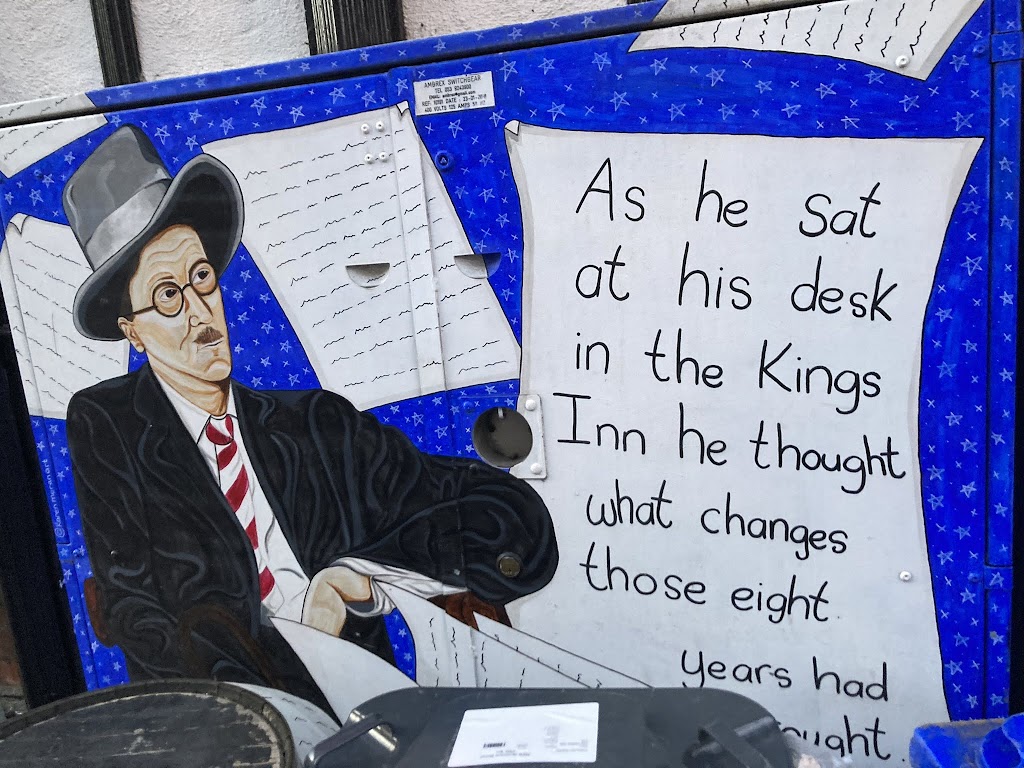The Eight of Swords reversed: a revelation, however small
A woman stands with arms bound and eyes covered. She’s in a pretty helpless position, emphasized by the seeming jail of swords keeping her trapped on this island of emotional turmoil she stands upon. Water lies dark all around her, reflecting a dark sky. If upright is a sense of clouded thinking, (swords are about logic and reasoning), reversed offers a sense of release from this negative control of emotions, not to say that emotions are bad but that when we listen to our intrapersonal rhetoric talk shit about us (that little critic who sits on our shoulders when we’re trying so damn hard to do something good and all we hear is “you can’t write, that’s such a bad word choice, everyone’s going to laugh at you…..”…you know the bastard!) and we let it control our choices, then we are often find ourselves blinded and bound to them. Reversed, the story is exemplar of embracing some shadow aspect of the self. Indeed, it’s a self-revelation or epiphany.
A beautiful example of epiphany in literature can be found in James Joyce’s story “The Dead.” The main character, Gabriel, was much like the woman in the Eight of Swords when he arrived back to the hotel room with his wife, longing to have her after the Christmas party and witnessing her day-dream at the top of the stairs. He was blinded and bound by himself, his emotions, when she began speaking of an old love, a teenage love, and he wanted her only for himself, ever, he didn’t want to hear about this man Michael Furey. He was blinded and bound by his lust for her when he realized he could never love her in the way the old love Michael Furey had loved her. Here’s the moment of epiphany, the final paragraph in the story, which I will share simply because I like the action of embodying this paragraph through spelling out each word, and it’s a beautiful passage:
A few light taps upon the pane made him turn to the window. It had begun to snow again. He watched sleepily the flakes, silver and dark, falling obliquely against the lamplight. The time had come for him to set out on his journey westward. Yes, the newspapers were right: snow was general all over Ireland. It was falling on every part of the dark central plain, on the treeless hills, falling softly upon the Bog of Allen and, farther westward, softly falling into the dark mutinous Shannon waves. It was falling, too, upon every part of the lonely churchyard on the hill where Michael Furey lay buried. It lay thickly drifted on the crooked crosses and headstones, on the spears of the little gate, on the barren thorns. His soul swooned slowly as he heard the snow falling faintly through the universe and faintly falling, like the descent of their last end, upon all the living and the dead.
What brings us out of ourselves when we are so lost? What helps us embrace parts of ourselves we would rather not face? Here in “The Dead,” one suggestion could be a recognition of how snow unites all the pieces of our lives; the snow was “general all over Ireland,” and connects Gabriel, in a way, with the parts of himself and his story, the story of his wife’s lover who died before she and Gabriel even met, that he despises, that he doesn’t want to know.
There are so many parts of ourselves we don’t want to know. It’s easy to blind ourselves to them. But when we embrace that one small part…how sweet it is. Sweet and sorrowful as the snow on “the crooked crosses and headstones…on the barren thorns.” Sweet and sorrowful as the snow that was falling into the “dark mutinous Shannon waves.” It’s the thing that we think will kill us, and maybe it does, in a way, but through it we transform.
Bibliography:
Joyce, James. “The Dead.” Dubliners, 1916. Viking Press Inc., 3rd printing 1971. Pp. 223-224.

